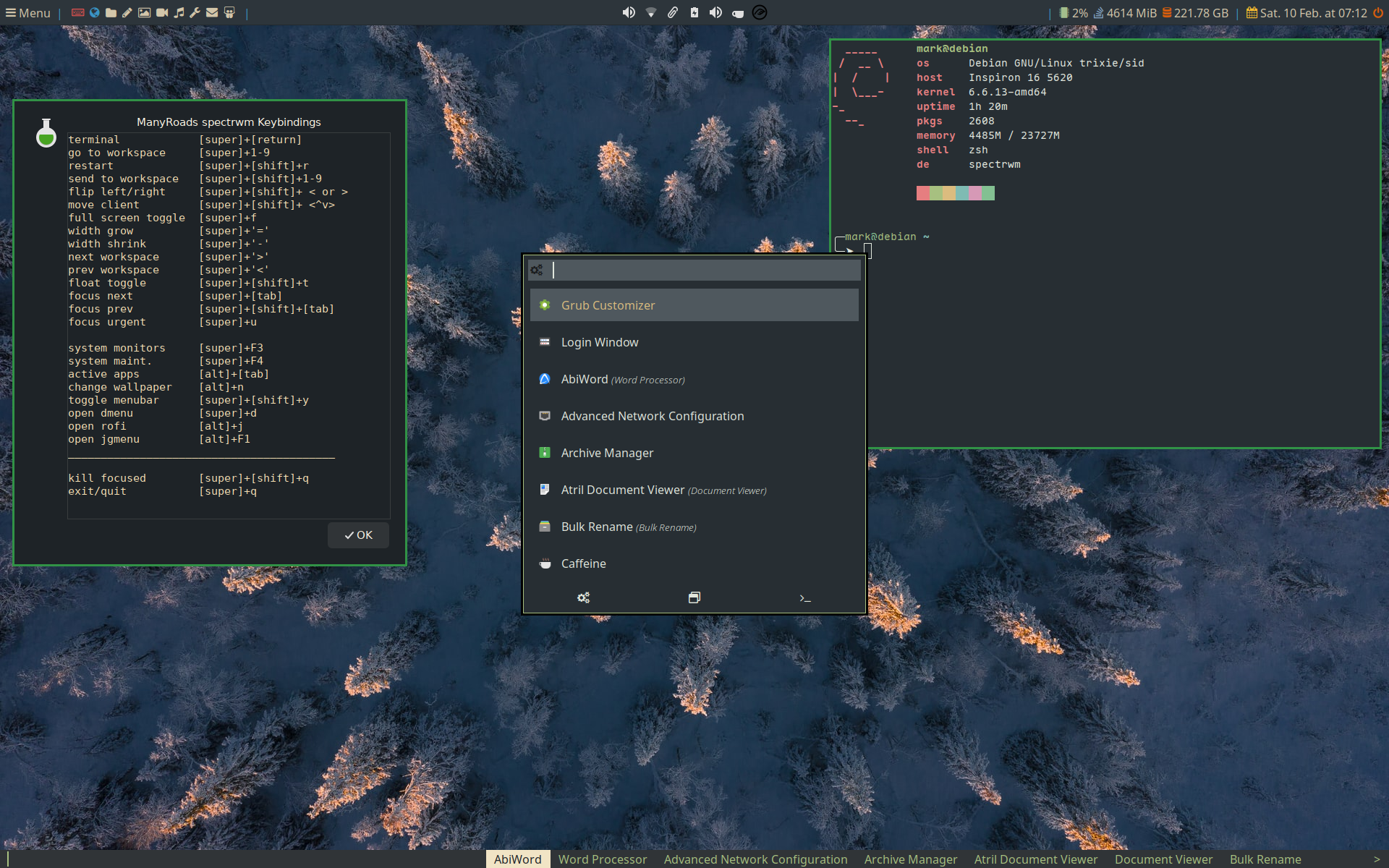this post was submitted on 10 Feb 2024
49 points (100.0% liked)
Linux
57869 readers
936 users here now
From Wikipedia, the free encyclopedia
Linux is a family of open source Unix-like operating systems based on the Linux kernel, an operating system kernel first released on September 17, 1991 by Linus Torvalds. Linux is typically packaged in a Linux distribution (or distro for short).
Distributions include the Linux kernel and supporting system software and libraries, many of which are provided by the GNU Project. Many Linux distributions use the word "Linux" in their name, but the Free Software Foundation uses the name GNU/Linux to emphasize the importance of GNU software, causing some controversy.
Rules
- Posts must be relevant to operating systems running the Linux kernel. GNU/Linux or otherwise.
- No misinformation
- No NSFW content
- No hate speech, bigotry, etc
Related Communities
Community icon by Alpár-Etele Méder, licensed under CC BY 3.0
founded 6 years ago
MODERATORS
you are viewing a single comment's thread
view the rest of the comments
view the rest of the comments

Correction: they'll be dead with the next few years. If everything goes to plan by 2027, pretty much everyone will be on Wayland (Because in 2025, all surviving desktops and WMs will be completing full Wayland transitions, and we can give distros and users 2 more years to reflect that). While Xorg will be officially dead when it becomes abandonware after RedHat drops it in 2032 (when the last RHEL 9 version, 9.10, will stop being supported), Xorg will already be all prepped up for its funeral and burial years before then.
Here's a prediction: not even fedora will drop it by 2027.
Wayland still doesn't work for a lot of people, and the ecosystem is nowhere near mature enough. I doubt enterprise distros will consider dropping xorg until their users can actually work on Wayland.
Defaulting to it and dropping it are completely different, and seeing the pace of progress in the last year or 2 makes me feel very confident that Xorg will be abandoned by 2027.
RHEL 10 is completely removing Xorg so....